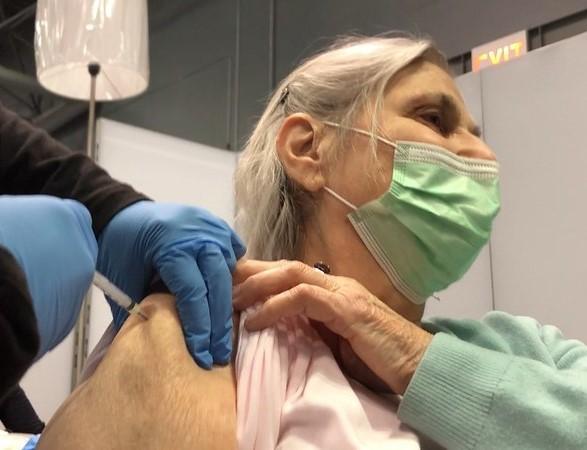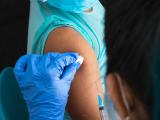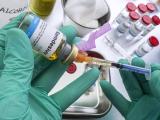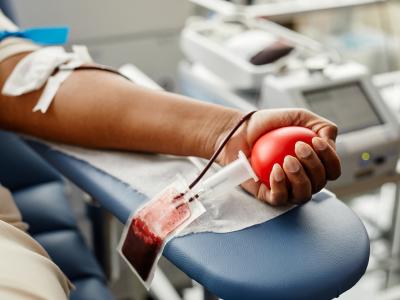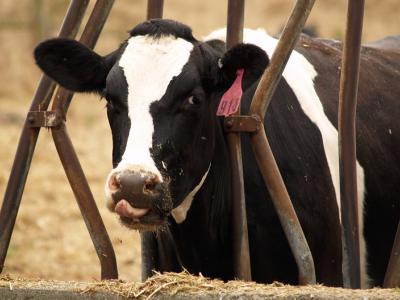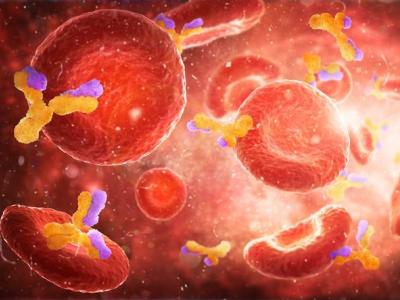A pair of new real-world COVID-19 vaccine studies show good protection against the Delta (B1617.2) variant, one from Scotland finding higher than 90% effectiveness in preventing death in adults and the other showing 93% efficacy against symptomatic infection in Israeli adolescents after the second dose.
Both studies were published as letters today in the New England Journal of Medicine (NEJM).
Vaccines 90% effective against adult deaths
In the most recent results of the UK observational study, a team led by a University of Edinburgh researcher estimated the odds of COVID-19 death among 114,706 vaccinated and unvaccinated Scottish adults (plus teens aged 16 and 17) who tested positive for COVID-19 from Apr 1 to Aug 16, 2021, and were followed up until Sep 27.
Vaccinees had received one or two doses of the Pfizer/BioNTech or AstraZeneca/Oxford COVID-19 vaccines. Relative to the vaccinated, unvaccinated adults tended to be much younger, have fewer chronic conditions, have lower socioeconomic status, and be men. Whole-genome sequencing showed that nearly all infections were caused by Delta.
Of 201 total COVID-19 deaths, none occurred among the 7,180 fully vaccinated participants 16 to 39 years old, compared with 17 among the 35,449 unvaccinated participants in that age-group (0.05%). Of participants aged 40 to 59, 33 deaths occurred among the 4,803 unvaccinated participants (0.69%), versus 18 among 12,905 in the fully vaccinated group (0.14%) (16 with AstraZeneca, 2 with Pfizer).
Overall effectiveness against death from Delta infections at least 14 days after the second vaccine dose was 90% (95% confidence interval [CI], 83% to 94%) for Pfizer and 91% (95% CI, 86% to 94%) for AstraZeneca.
Among 40- to 59-year-olds, the vaccines were 88% effective (95% CI, 76% to 93%) against death for AstraZeneca and 95% (95% CI, 79% to 99%) for Pfizer. Overall effectiveness against death was 90% (95% CI, 84% to 94%) with AstraZeneca and 87% (95% CI, 77% to 93%) with Pfizer among those 60 years and older.
First author Aziz Sheikh, MD, said in a University of Edinburgh news release that although the research must be repeated in other settings with longer follow-up time, the results are encouraging.
"With the Delta variant now the dominant strain in many places worldwide and posing a higher risk of hospitalization than previous variants seen in the UK, it is reassuring to see that vaccination offers such high protection from death very shortly after the second dose," he said.
"If you still have not taken up your offer to be vaccinated, I would encourage you to do so based on the clear benefits it offers."
Pfizer 93% effective against symptomatic infection in teens
In Israel, the Clalit Research Institute, in conjunction with Harvard University, conducted an observational study involving 130,464 COVID-19–naïve adolescents aged 12 to 18 years, half of whom were vaccinated with the Pfizer COVID-19 vaccine from Jun 8 to Sep 14, 2021; matched participants were unvaccinated. During the study, 13,423 unvaccinated participants were vaccinated.
At the time of the study, Delta was responsible for more than 95% of new infections in Israel. The study is the largest peer-reviewed look at COVID-19 vaccine efficacy among adolescents in a nationwide setting and the first such study conducted at a time when Delta was the dominant circulating strain.
Over a median of 27 days after receipt of the first vaccine dose, Kaplan-Meier curves for infection showed a similar incidence of infection in the first few days after the vaccinated group received their first dose, after which the rise in incidence slowed among the vaccinated.
Estimated effectiveness of the Pfizer vaccine against infection was 59% (95% confidence interval [CI], 52% to 65%) 14 to 20 days after the first dose, climbing to 66% (95% CI, 59% to 72%) on days 21 to 27 and 90% (95% CI, 88% to 92%) 7 to 21 days after the second dose.
Efficacy against symptomatic COVID-19 was estimated at 57% (95% CI, 39% to 71%) 14 to 20 days after the first vaccine dose, rising to 82% (95% CI, 73% to 91%) on days 21 to 27 and to 93% (95% CI, 88% to 97%) 7 to 21 days after the second dose.
The study confirms early results of the same group's Pfizer phase 3 clinical trial on effectiveness against symptomatic COVID-19 infection in adolescents aged 12 to 15 years, published on Apr 15, 2021, in NEJM, and offers a more precise estimate of vaccine efficacy during different pandemic phases, the authors said.
The investigators noted that they didn't have enough data in today's study to estimate vaccine efficacy against severe illness, hospitalization, or death because these events are rare in this age-group.
"Our results show that the BNT162b2 [Pfizer] mRNA vaccine was highly effective in the first few weeks after vaccination against both documented infection and symptomatic COVID-19 with the delta variant among adolescents between the ages of 12 and 18 years," the authors concluded.
In a Clalit news release, senior author Ran Balicer, MD, PhD, MPH, said that the results should confirm the benefits of vaccination and "make a strong argument in favor of opting-in to get vaccinated, especially in countries where the virus is currently widespread."
